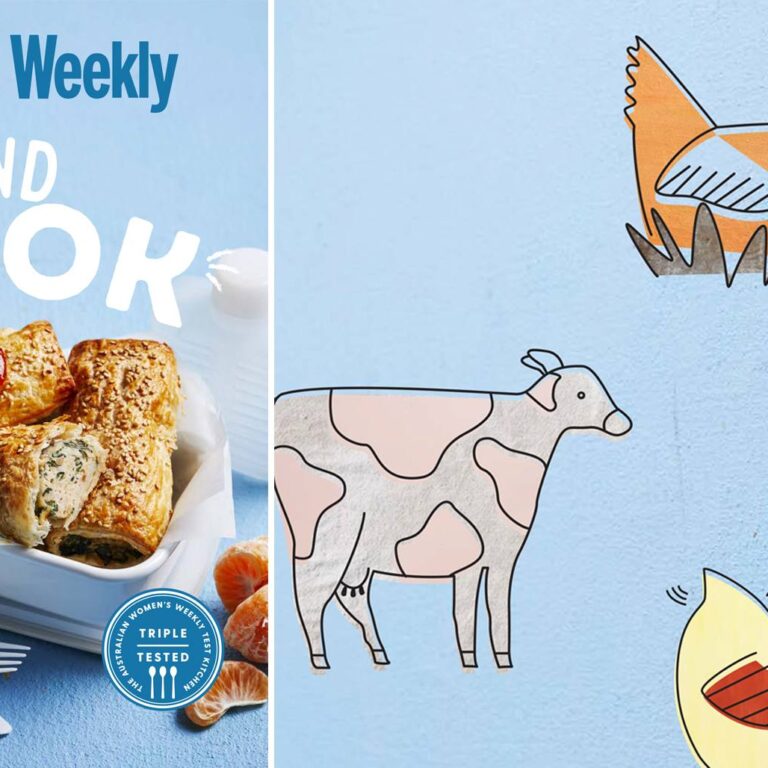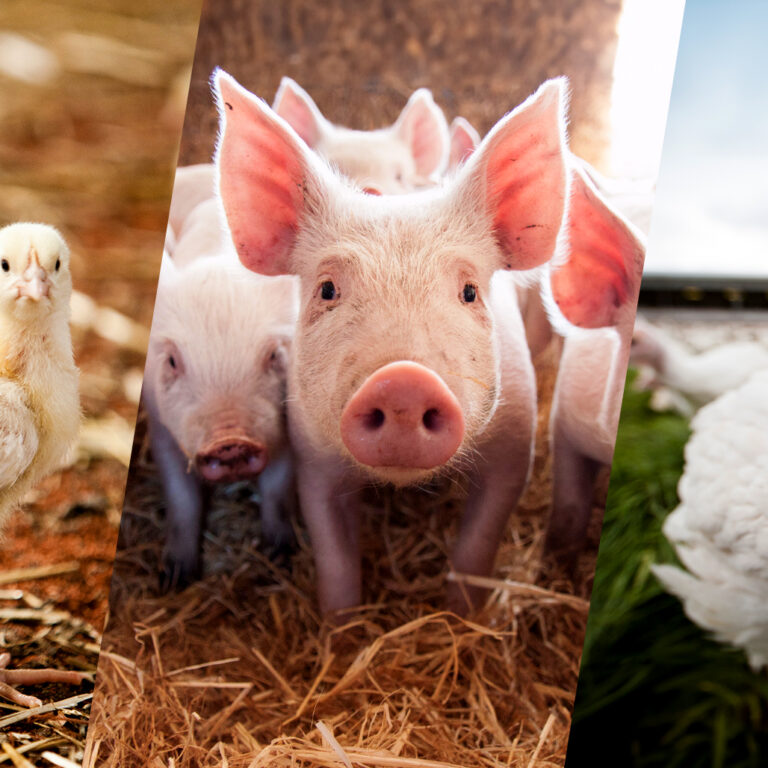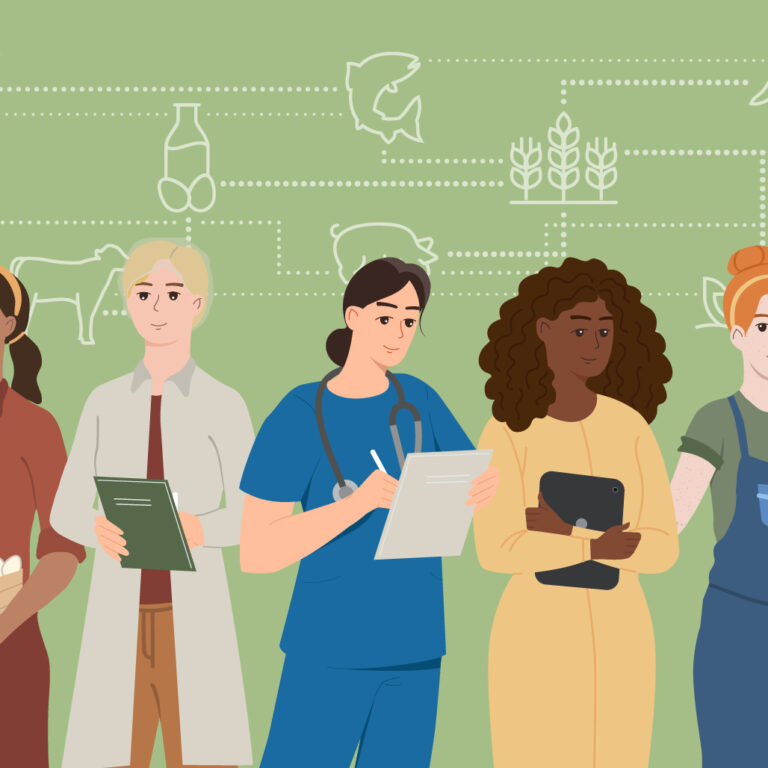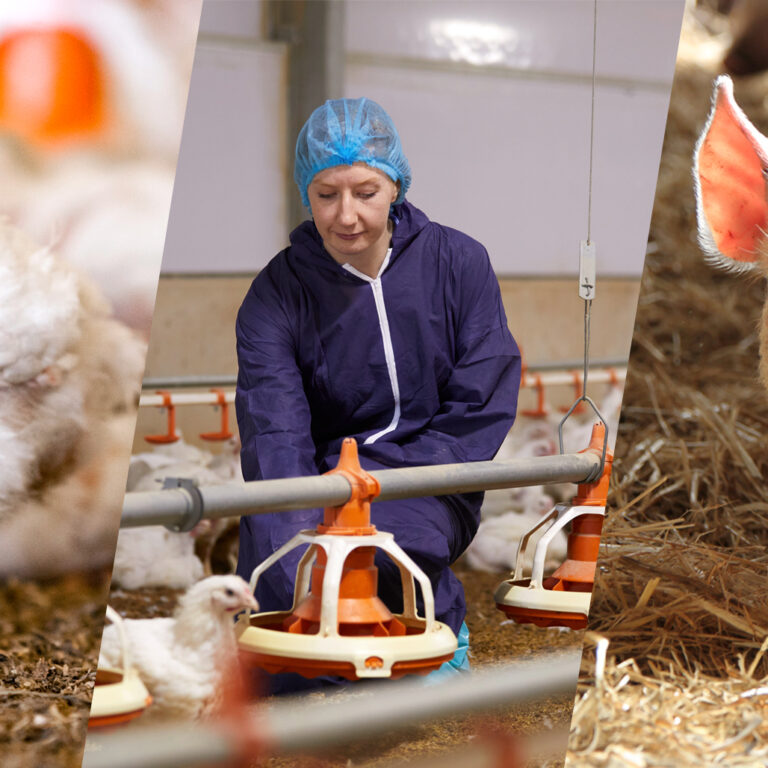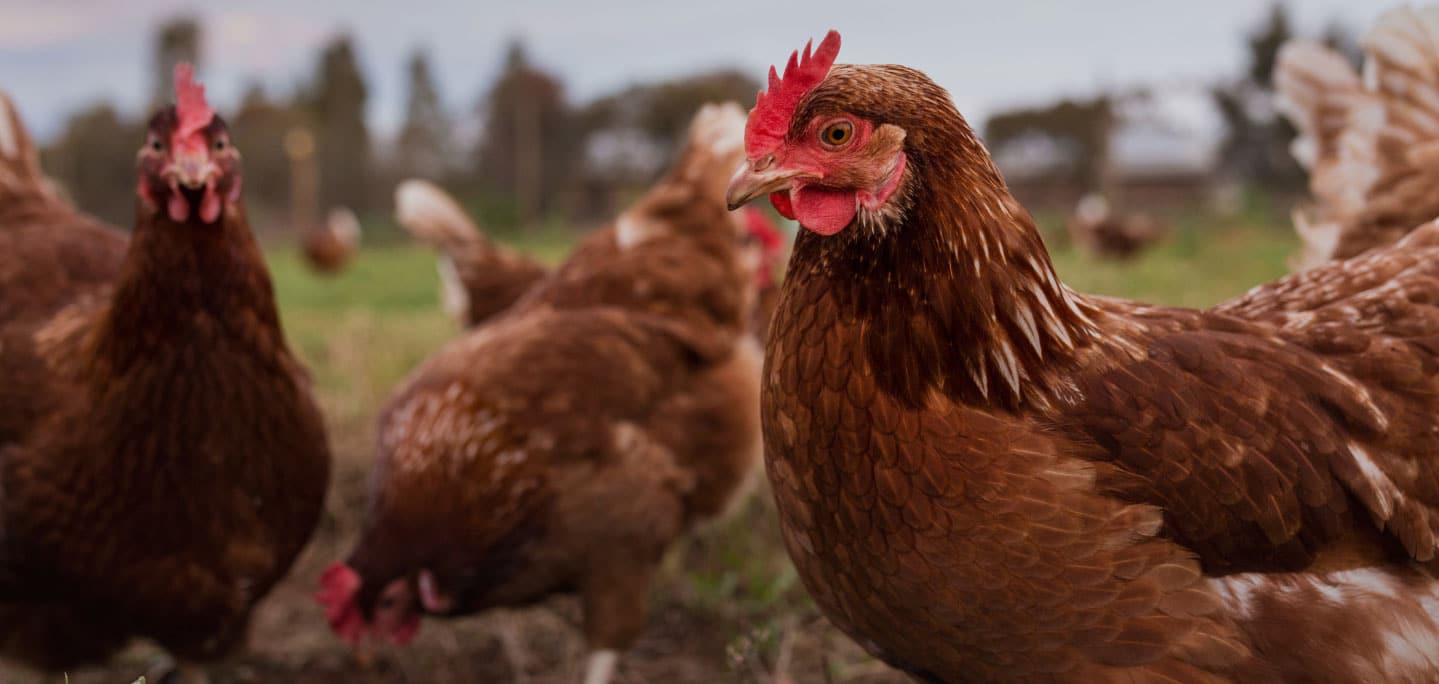If you’re an avid Australian Women’s Weekly cookbook collector, you may spot a new mini on the shelf of your local supermarket or newsagent. The RSPCA’s The Kind Cook: Kid-friendly Recipes using RSPCA Approved Ingredients is perfect for little ones starting to learn about cooking, to help them understand where food comes from and why we should all care about farm animals.
The animal-lover in all of us means that talking to kids about where food comes from can be a tricky topic to navigate when the food in question comes from animals. But regardless of our own dietary choices, the reality is most Australians include meat, fish, eggs and dairy in their diet, and there are millions of animals on farms right now that need our consideration. With research highlighting a significant gap in children’s understanding of food production, there’s no doubt that educating the future generation of shoppers about where our food comes from and how to care about the animals that provide it, is an important lesson.
Research shows that some kids don’t know yoghurt comes from animals.
Recently the Primary Industries Education Foundation Australia reported in Food, Fibre and Our Future 2020, that while children have a very positive sentiment towards farming there’s still limited understanding of where food and fibre comes from. More than one in four children believed yoghurt was made from something other than an animal product, and one in six children didn’t know that bacon and scrambled eggs came from animals.
The study also showed that more than three out of every four children were concerned about animal welfare. The good news is that this is a solid basis for parents, carers and educators to build on. By talking to kids about what good welfare means for farm animals, we can help raise the next generation with the knowledge – and importantly empathy – to make considered choices around the food they eat and products they buy.
Did you know chickens clean themselves by flicking dust into their feathers?
This is one of the many facts about farm animals that can be discovered by curious minds inside The Kind Cook. These facts focus on educating kids (and adults!) about the interesting ways in which farm animals behave and why these behaviours are important for an animal’s wellbeing. Sadly, for many animals in conventional farming systems they’re unable to do these things – for example, hens in battery cages who can’t lay their eggs in a nest, bathe in dust or stretch their wings.
The Kind Cook also has guidance about what to look for when shopping for products from higher welfare farming systems, such as looking for the RSPCA Approved logo. We know for many, trying to find meat, fish and eggs that come from farms that care about animal welfare is a minefield of confusing labels and marketing terms. RSPCA Approved products come from farms that meet the RSPCA’s detailed standards for animal welfare and are regularly assessed by specialised RSPCA Assessors.
Supporting farmers who prioritise animal welfare
The RSPCA acknowledges that not consuming products derived from animals is one way to demonstrate that you care about farm animal welfare and there’s no doubt that when some people become aware of the realities of large-scale animal farming, they choose to become vegetarian or vegan.
While the RSPCA respects this choice, it’s also important to note that the many Australians who do still consume meat and other products from animals have the power to vote for good animal welfare with their wallet. By making higher welfare choices you are supporting farmers who prioritise animal welfare and are helping to lead an increased uptake of higher welfare practices along the supply chain. This in turn leads to farm animals benefitting from better conditions.
At the end of the day, it’s important that all animals, including animals farmed for the food on our plates, are cared for in a way that gives them a good life, today.
You can find The Kind Cook in Coles and Woolworths supermarkets and newsagents for a limited time only.
You might also be interested to read Calling all animal-loving kids, parents, carers and educators!

